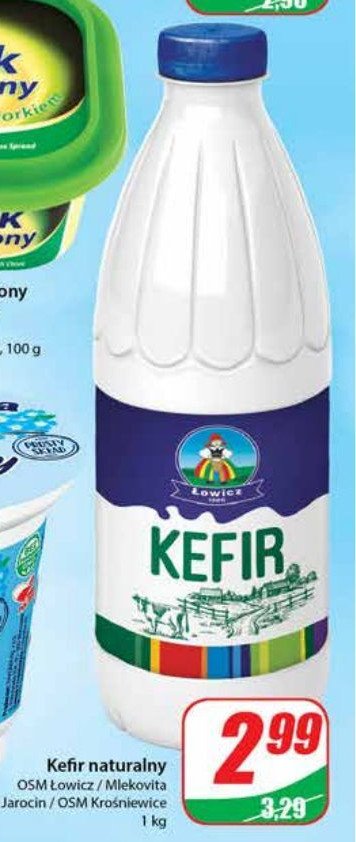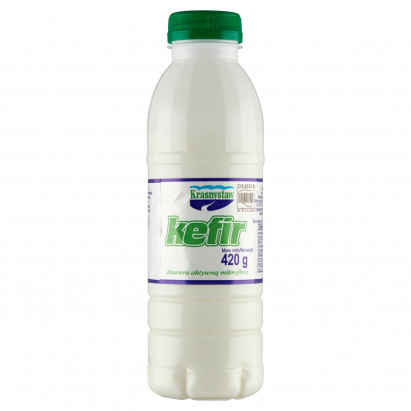In England, Wales and NI farms can sell either at the farm, at farmers' markets or through a doorstep delivery service but they're not allowed to supply supermarkets.
The first article clearly contradicts that, and says that it must be sold directly by the farmer himself on his own farm, and nowhere else or by nobody else. There are no raw milk "distributors" in the UK. Maybe 200 farmers who may sell raw milk directly to consumers within the confines of their farm, at least occasionally, and they have to pass through a load of regulatory hoops to do so, and slap a big health warning on the bottle. Even that doesn't protect them from liability, as the article goes on to show.
The last thing the FSA or anyone else in the EU wants is an outbreak of something nasty like antibiotic resistant TB. The cost to taxpayers would be enormous, much more than the worth of many dairy farms.
As for the mlekomat in Slovenia, that seems to be very similar. It must be operated by a tightly regulated farmer with strict monitoring and with all milk sold within 24 hours of collection or else discarded, with a big fat health warning. There can be no distributor or middleman, not that anyone would want to touch it with a twenty-foot bargepole, anyways. My bet is that that will be stopped after an outbreak or two. It would take just one single case of septic abortion to have lawmakers calling for blood and banning in the whole country. Ticking time bomb. An even safer bet is that it will be outlawed even before then due to pressure from the EU, who are out to greatly reduce the number of dairy farmers in the EU as it is.
You are aware that, prior to pasteurization, milk was by far the most dangerous foodstuffs on the market, even with modern handling, hygiene and refrigeration? It's even nastier now because the bugs it spreads are often resistant to antibiotics (more than 50% of all antibiotics produced in the world are given to dairy cows). Raw milk is still the most dangerous food available on the world market, and the most common infectious disease in the world is still milk-transmitted tuberculosis. Something you, as a citizen of a developed country, don't have to worry about thanks to pasteurization and vigilant government health organizations like the FSA, whose feet you should be gratefully kissing.
Sorry, but the whole "raw milk" fad is just a bunch of silly, romantic nonsense,


